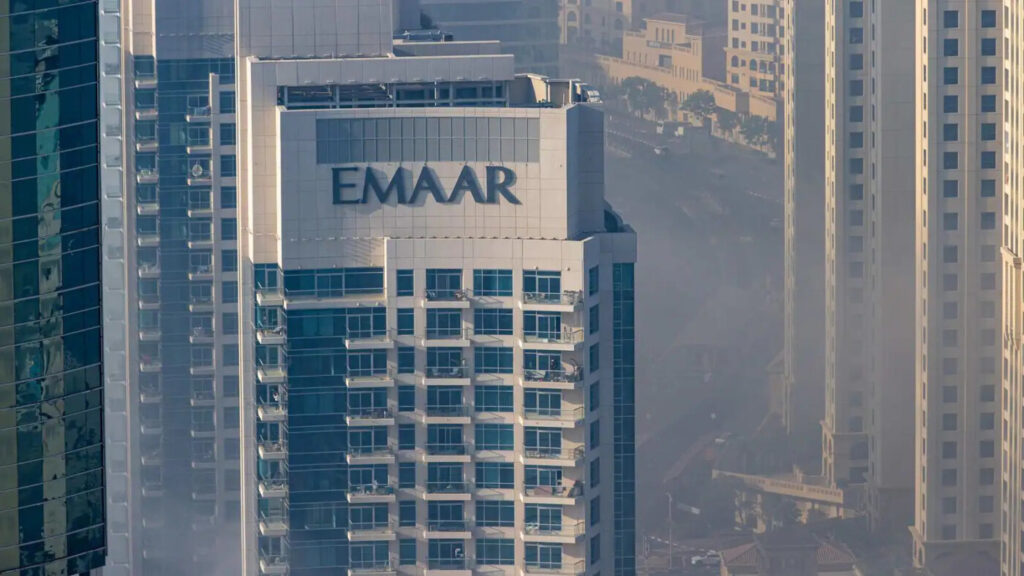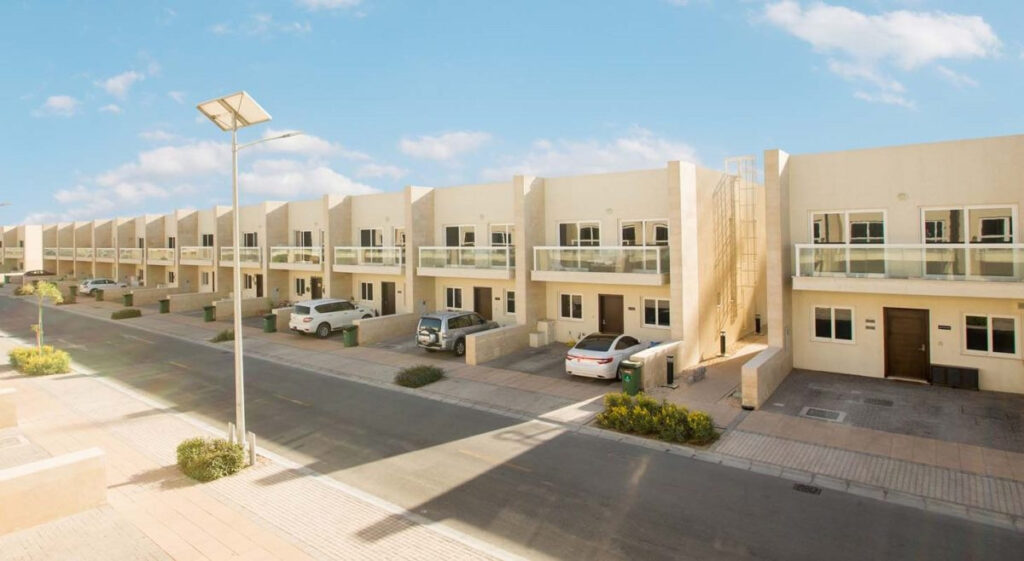
As of the beginning of the second half of 2023, 35% of projects in Dubai were commissioned behind schedule. The average delay in commissioning for new buildings was six months, with larger projects experiencing a lag of up to two and a half years. 41% of projects delivered at the wrong time are delayed for 10 years.
The share of new buildings in Dubai that were delivered late reached 35% as of the beginning of the second half of 2023, according to Tranio analysts who cited data from the Dubai Land Department (DLD).
The percentage of delayed new building constructions at the end of 2023 has reduced slightly to below 37.6%. However, this figure is significantly higher than in previous years. In 2019, 23% of new buildings were delivered behind schedule, while in 2020 and 2021 the figures were 19.2% and 28.2% respectively.
READ: Investments in Dubai: Discovering Hidden Gems
The median indicator for delays in commissioning deadlines was six months, but the average was already 15 months. The difference is due to the fact that the share of projects with a “delay” lasting more than six months accounts for a larger volume in terms of footage. Based on the area of “overdue” projects, 20% are delayed for a period of about 2.5 years, and 41% for a period of 10 years or more.
The emergence of such projects is associated with judicial procedures, leading to the suspension of some construction projects in the DLD database. Currently, only three projects have a ten-year or longer history of delays, but they account for a large area due to the extensive scale of construction.
Over the past 20 years, approximately 62.7 million square meters of residential real estate have been commissioned in Dubai. Another 38.4 million sq. m is currently under construction. Contrary to the stereotype widespread among foreign investors, the total number of new buildings in Dubai has not been growing over the past five years but declining. In 2008, a total of 151 construction projects were initiated, making it the year with the highest number of construction projects. The next peak occurred in 2017, with the launch of 135 projects. In recent years, there has been a trend toward a reduction in footage per project, indicating Dubai’s shift from mega-constructions to stage-by-stage planning of territory development.
Approximately 50 developers in Dubai are facing delays in the construction of residential properties. Two major companies, Emaar and Nakheel Holdings, account for 44% and 35% of the areas that have not been delivered on time, respectively. These delayed areas make up the largest share of “overdue” meters. The projects of the third company in the anti-rating, Azizi Holdings, now only account for 2% of the “detained” meters.
Two major companies, Emaar and Nakheel Holdings, account for 44% and 35% of the areas that have not been delivered on time.

Sometimes, the developer inherits projects with delays from colleagues who were unable to complete them. For instance, Emaar Holding recently took on the responsibility of finishing the construction of several problematic facilities in Dubai. However, the burden of additional obligations still impacts the overall work plan of the developer: several new Emaar projects this year began with a longer construction period than the usual three or four years for the company.
READ: Investment Opportunities in Dubai Real Estate: Relevant Tendencies
The ratio of “overdue” meters to the area of already completed housing for the Emaar holding is 24%, and for Nakheel, it is 54%. Out of the 15 developers responsible for completing the largest residential areas in Dubai, each spanning over 120,000 sq. m., some had a high number of overdue units compared to those delivered. Specifically, Azizi had 72%, Mag Group had 68%, and Omniyat Properties and Dubai South Freezone had 61% each.
Among the same 15 participants in the anti-rating, there are also companies such as Continental Investments and Mazaya Holding whose number of “overdue” meters in the project portfolio is higher than the number of completed ones. Finally, three more developers from the top 15 laggards have only “overdue” meters on their accounts and no completed ones: Jumeirah Group, Alhamah Shamal Real Estate Development, and Gulf Developers. It is worth noting that none of the mentioned companies above have an average housing commissioning delay of more than 60 months.

READ: Manhattan Real Estate: Types and Features
Due to the pandemic, construction delays have accumulated in some new tourist areas, particularly on the artificial islands of The World Islands. These islands were designed to have resort apartments, recreational facilities, and premium and luxury hotels, but the pandemic has impacted their development. Currently, most construction in this location has resumed.